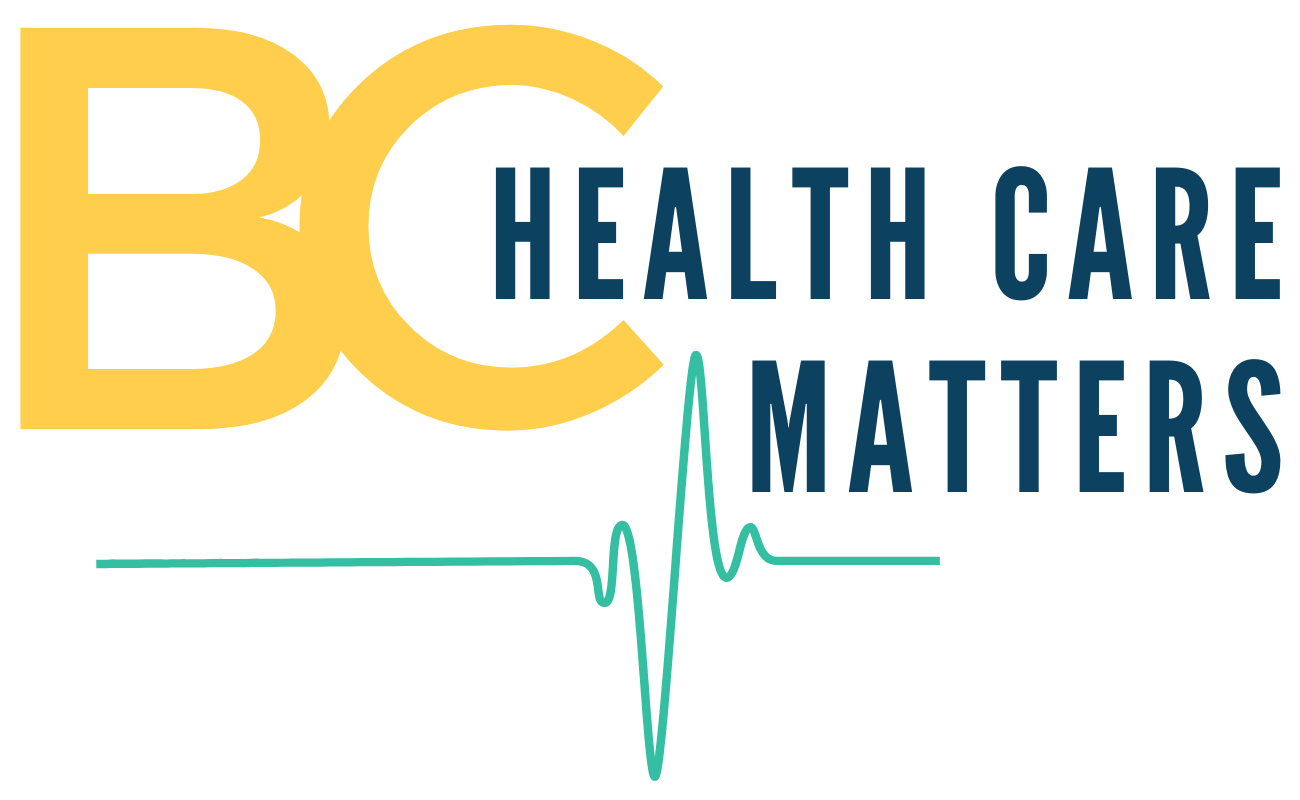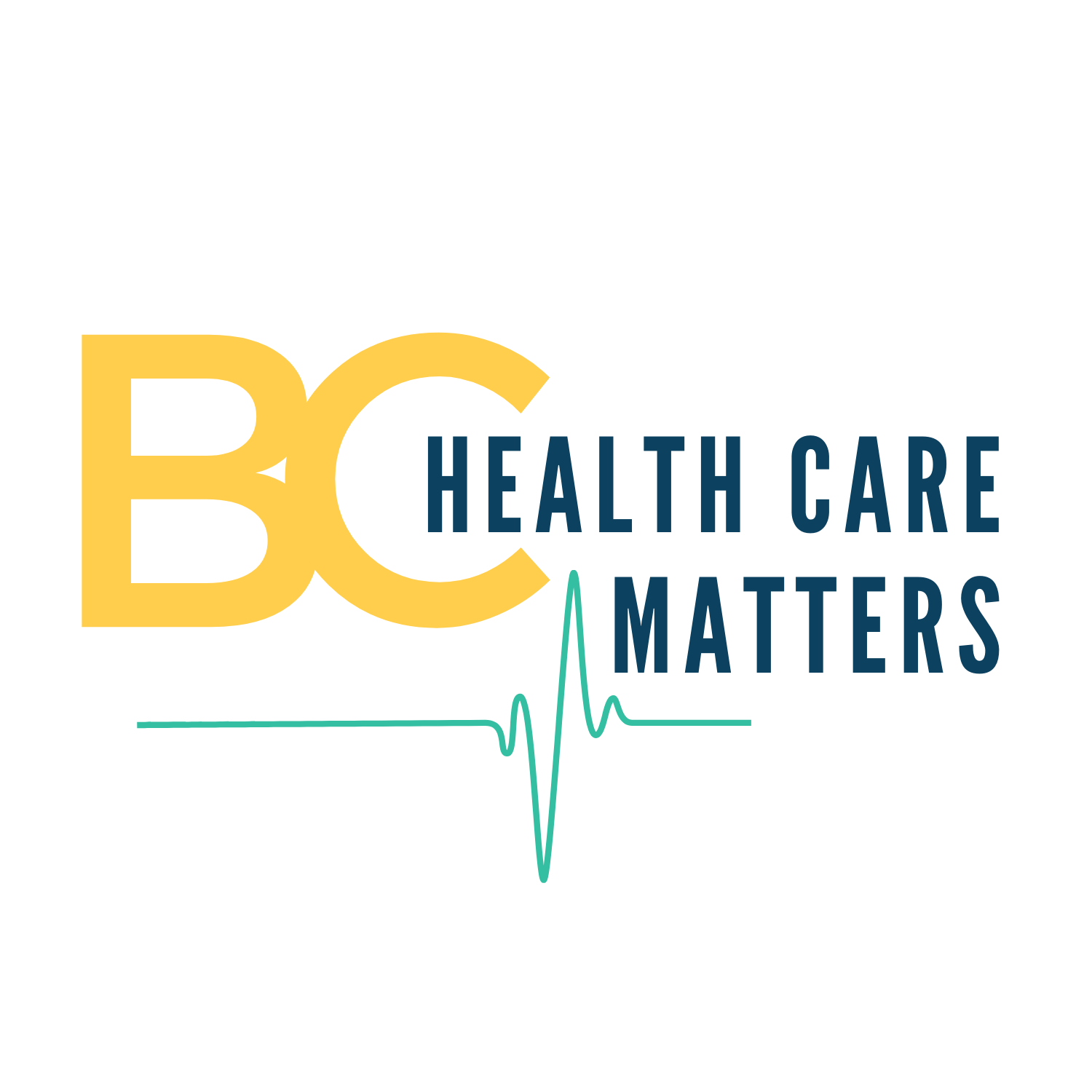Breaking down misconceptions
Is it just about the money?
The answer is, it’s not just about the money. But, that’s part of it. Honestly, who likes to work for free? Imagine if you weren’t compensated for the multiple tasks you do every day?
In other provinces doctors can use what is called a Complex Modifier code to bill for anything relating to patient care that goes above and beyond the visit billing.
For physicians working in BC on Fee for service they do not get paid for the following:
Writing a referral letter. NOT BC DOCTORS
Charting. NOT BC DOCTORS
Reviewing the chart. NOT BC DOCTORS
Reviewing but not waiting for lab/DI results. NOT BC DOCTORS
Talking with and examining the patient. NOT BEYOND 15 mins (with a few exceptions)
Anything else the physician does in relation to the patient’s care. NOT BC DOCTORS (with a few exceptions)
Can you imagine the difference that can make to a Doctor who is running their own business? Is it any wonder why we are losing more and more doctors to other provinces? PLUS, can you imagine the difference this could make to the care we receive? The doctor will feel properly compensated, and not pressured to quickly move on to the next patient. We, the patients, will not have to worry about booking a different appointment on different days for each problem.
Since BCHCM first started in January 2022, a new payment model for Family Physicians was introduced in November 2022 called the Longitudinal Family Physician Compensation Model (LFP).
A pay model that now considers compensation for time spent on direct and indirect patient contact (tasks listed above). Since it’s introduction many FP’s have moved to this payment model, but not all. Your FP may still be working under the FFS pay model and face these restrictions in their billing.
We have received recognition from Doctor organizations, patient organizations, medical practitioners, and government officials for the public advocacy work BCHCM has done to highlight the pay issues for Family Physicians in BC. The have told us our advocacy and the public pressure we raised was pivotal to the creation and introduction of the New Payment Model.
STRONGER BC - Health Human Resources Strategy
We need BETTER ACCESS TO LONGITUDINAL HEALTH CARE
The Strategy doesn’t mention investments in Community Health Centers, or how many more UPCCs they plan to open. Why have they gone away from publishing this information. The public requires more transparency and accountability from our system.
The Government has stated ”This plan builds on our progress to deliver better health care for everyone in B.C. It lays out a plan to build a stronger health care workforce and deliver better services for people and families.”
We deserve to know what “progress” they are building on. Will they continue to open more UPCCs even while most appear unable to retain staff? We deserve the quarterly reports Minister Dix promised to provide in June 2022 (and has never provided) that would show how well staffed govt run clinics are, and how many patients are attached to them. This data is the only measure we have for assessing whether these investments are truly “progress”.
It’s not OK for residents to be without a Family Physician. It may be what you are used to. But, that doesn’t mean it’s what you have to accept. Disease prevention, Disease care, and improved quality of life starts with the Family Physician.
“Bringing almost 4,000 hospital employees back into the public system will help people get more stable, consistent and supportive patient care.”
This statement refers to an announcement from 2021. It lacks the specific detail that the “hospital employees” are cleaning and dietary workers, not medical staff. How many of the 4,000 have been hired and what are the net staffing ratios? Is the system actually mor stable and consistent since then?
https://strongerbc.gov.bc.ca/health-care/
Team-based Care (TBC)
Defined as:
“BC is working to increase people’s access to primary care by introducing a team-based care approach to primary care. This is being done through patient medical homes in family practices, primary care networks in the community, and the urgent and primary care centres across BC.
Within a team-based model of care, multiple health care providers from different professional backgrounds work together and with patients/clients, families, caregivers, and communities to deliver comprehensive health services across care settings. Effective teamwork is a critical enabler of safe, high quality care and supports a patient's ongoing relationship with their primary care provider (a family physician or nurse practitioner). Teams broaden the availability of clinical supports for patients and for family doctors.” (1)
Government Says
“For people and families, it means getting faster, better access to their primary care team or provider, including evenings and weekends, as well as being connected to appropriate services and supports in the community.
Over the next years, (written in 2020) these new networks are expected to help connect approximately 300,000 people to a local primary care team or provider, while providing team-based and culturally safe care to B.C. residents. ”(2)
Our questions are
Have new networks attached 300,000 people as expected?
Have Primary Care Networks helped create new TBC in communities? If so, how many new TBC clinics exist?
Have Primary Care Networks provided “faster, better access to primary care teams”?
We agree Team Based Care is the way of the future and appears to provide a better care model for patients as well as a better working model for care teams. But, if the organizations and processes in BC are not achieving the goals they outlined related to developing TBC then it is time to reassess the system.
Who’s involved? Lots of groups…
https://fpscbc.ca/what-we-do/system-change/team-based-care
https://news.gov.bc.ca/releases/2020HLTH0280-001735
Ask Questions – Challenge the statements
Next time a politician says to you “We are developing Urgent Primary Care Centers (UPCC) to resolve this Family Doctor Crisis”. Or a friend says to you, “Well they are going to fix the problem by building more UPCC.” Ask them….
Where will they get the Doctors to staff those UPCC positions? Currently most UPCC have employment vacancies for Doctors.
Do you think the best way to fix a problem is to build more buildings, but not worry about how to staff them?





